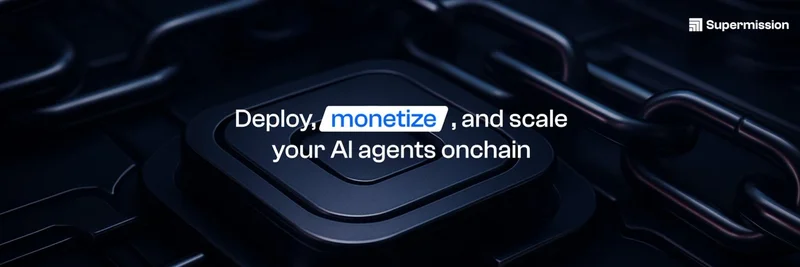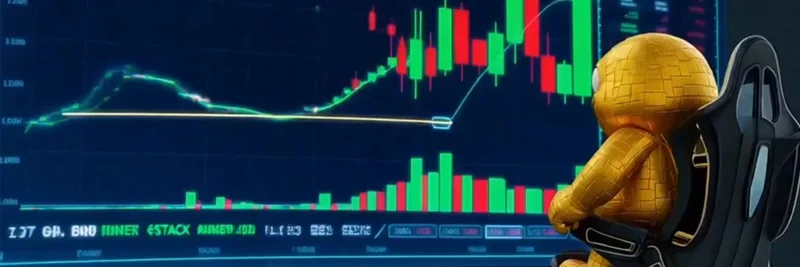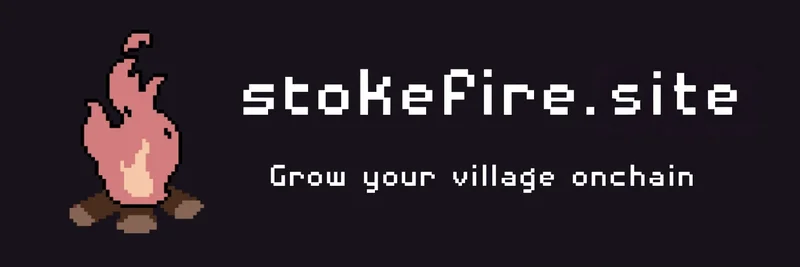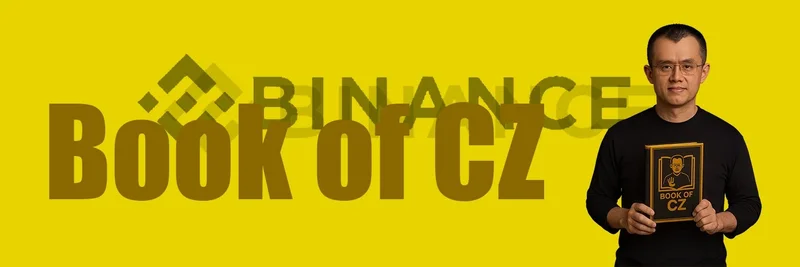The recent thread on X, initiated by asim.eth, has reignited a critical discussion about the economic security of Proof of Stake (PoS) systems in blockchain technology. Asim.eth's post, which quotes The Rollup, suggests that the notion of economic security in PoS has been questionable for a long time, a sentiment echoed by many in the venture capital space who are reluctant to voice it publicly.
Understanding Proof of Stake and Economic Security
Before diving deeper, let's break down what Proof of Stake (PoS) is. Unlike Proof of Work (PoW), where miners compete to solve complex mathematical problems to validate transactions and create new blocks, PoS allows participants to validate transactions based on the number of coins they hold and are willing to "stake" as collateral. This staking process is meant to incentivize honest behavior and secure the network.
Economic security in this context refers to the idea that the staked assets act as a deterrent against malicious activities. The theory is that validators, who have a significant amount of their own assets at stake, would not risk losing them by acting dishonestly. However, asim.eth and others argue that this security model never made economic sense.
The Illusion of Staking Mania
The discussion on X points to a broader disillusionment with the "staking mania" that has characterized much of the crypto space. Hosseeb of Dragonfly is quoted as saying, "Staking mania was definitely a little bit of an illusion," suggesting that the high yields and perceived security of staking might not be as robust as initially thought. This sentiment is further supported by the idea that the economic incentives for staking do not necessarily translate into genuine network security.
Centralization Risks and the Silence of the Industry
Another critical point raised is the centralization risk inherent in PoS systems. The thread mentions that "most VCs won’t say it publicly but economic security never made economic sense," indicating a gap between public narrative and private understanding. This silence could be due to the significant investments in PoS-based projects, but it also highlights a potential vulnerability in the system where a few large stakeholders could dominate the validation process, undermining the decentralized ethos of blockchain.
The Way Forward
Given these concerns, the question arises: what is the way forward for PoS and blockchain security? The thread suggests a need to rethink the fundamentals of how economic security is achieved in PoS systems. This could involve exploring hybrid models that combine elements of PoW and PoS, or developing new consensus mechanisms that address the centralization and security issues more effectively.
Implications for Meme Tokens and DeFi
For those in the Meme token and DeFi spaces, understanding these dynamics is crucial. Many Meme tokens operate on PoS networks, and the economic security of these networks directly impacts the stability and trust in these tokens. Practitioners in the blockchain space need to stay informed about these debates to make informed decisions about which networks to build on and how to structure their staking strategies.
Conclusion
The discussion sparked by asim.eth on X serves as a reminder that the blockchain industry is still evolving, and fundamental questions about security and economics remain unresolved. As the community continues to debate and innovate, the insights from these conversations will be invaluable for shaping the future of decentralized finance and meme token ecosystems.
Stay tuned to Meme Insider for more in-depth analysis and updates on the latest trends in blockchain technology and meme tokens.




